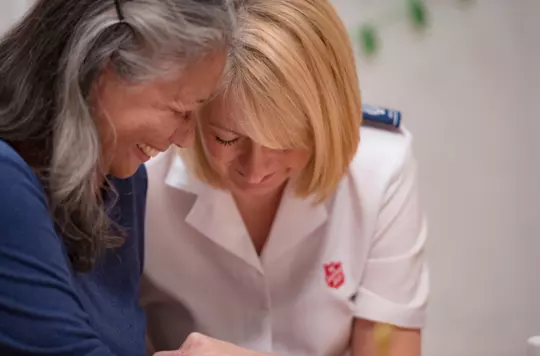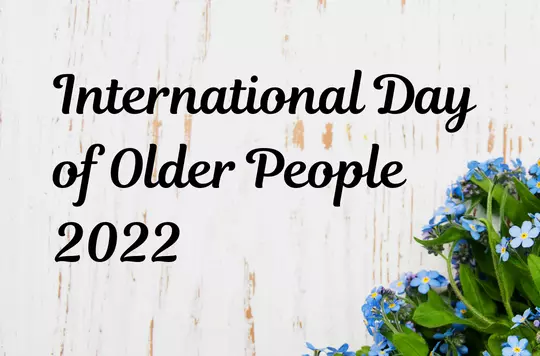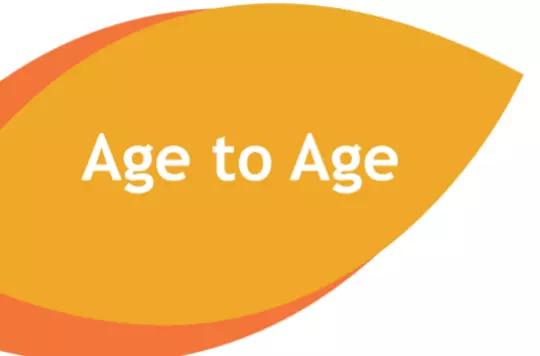What can we learn from the Bible that speaks into our lives as Christians in later years? Naomi and her daughter-in-law, Ruth, are a beautiful example.
Naomi, a Hebrew, had moved to the foreign land of Moab with her husband and two sons. Her sons had married Ruth and Orpah, who were Moabite women, but then Naomi’s husband and her two sons all died. With only her two daughters-in-law left, Naomi decided to return to her own country of Judah.
This placed Ruth and Orpah at a critical crossroads in their lives. Should they remain in Moab and return to their own families, or should they go with Naomi and travel to a foreign land?
The logical thing for Ruth to do when her husband died was to go home to her family and look for a new husband. Naomi suggested she do that and Orpah did follow that advice.
Ruth moved from the agony of questions she could not answer to the reality of answers she could not escape. She felt a deep conviction that she was to stay with Naomi. And she followed that conviction: she went with her mother-in-law, a poor widow, to a foreign land that might not accept or assist outsiders.
In the standout verse of the whole book, Ruth makes an impassioned plea to Naomi – and what a dramatic statement and plea it is! Consider how personal it is. It isn’t about beliefs and theology; it’s based on Ruth’s relationship with Naomi and Naomi’s relationship with God.
Ruth says: ‘Don’t urge me to leave you or to turn back from you. Where you go I will go, and where you stay I will stay. Your people will be my people and your God my God. Where you die I will die, and there I will be buried. May the Lord deal with me, be it ever so severely, if even death separates you and me’ (Ruth 1:16 and 17).
To go back to the security and comfort of her own people would be one thing but for Ruth to go to Judah would mean following God and putting her life completely in his hands. It would mean stepping out on the more difficult road, the road of faith.
As Ruth considered her future, she found herself having to come to terms with her own death. This must not be underestimated, because once our own death and journey Home are given over to the Lord, it has the potential to free us up from all other fears.
It turned out well for Ruth. She married a wealthy Hebrew and bore a son, Obed, who would be the grandfather of King David, whose direct lineage led to Jesus! To follow the Lord is usually the more difficult path, but its rewards will be far greater – a path that eventually leads to Christ.
It is a blessing when our lives are recognised by others because of our love. We too often forget that. Ruth’s wisdom is a good reminder that if we love others, and follow our heart in the way we treat everyone, it’s hard to go wrong.
Naomi’s example shows that anything is possible, and that God’s plans are far reaching. She reminds us that even people who are in later years still have something to offer and a role to play. Mentoring younger people is an act of faithful obedience, because no one does the life of faith alone.
Sharing our heart, wisdom, love and experience with those who come behind us is needed, significant and potentially life-changing.
You and I may not see the results in our lifetimes, but we can trust that God will use our actions today for a legacy tomorrow.
Pause and reflect
- Has God brought you to a crossroads in your own life?
- Will you decide to walk the path of comfort, or the path of faith?



